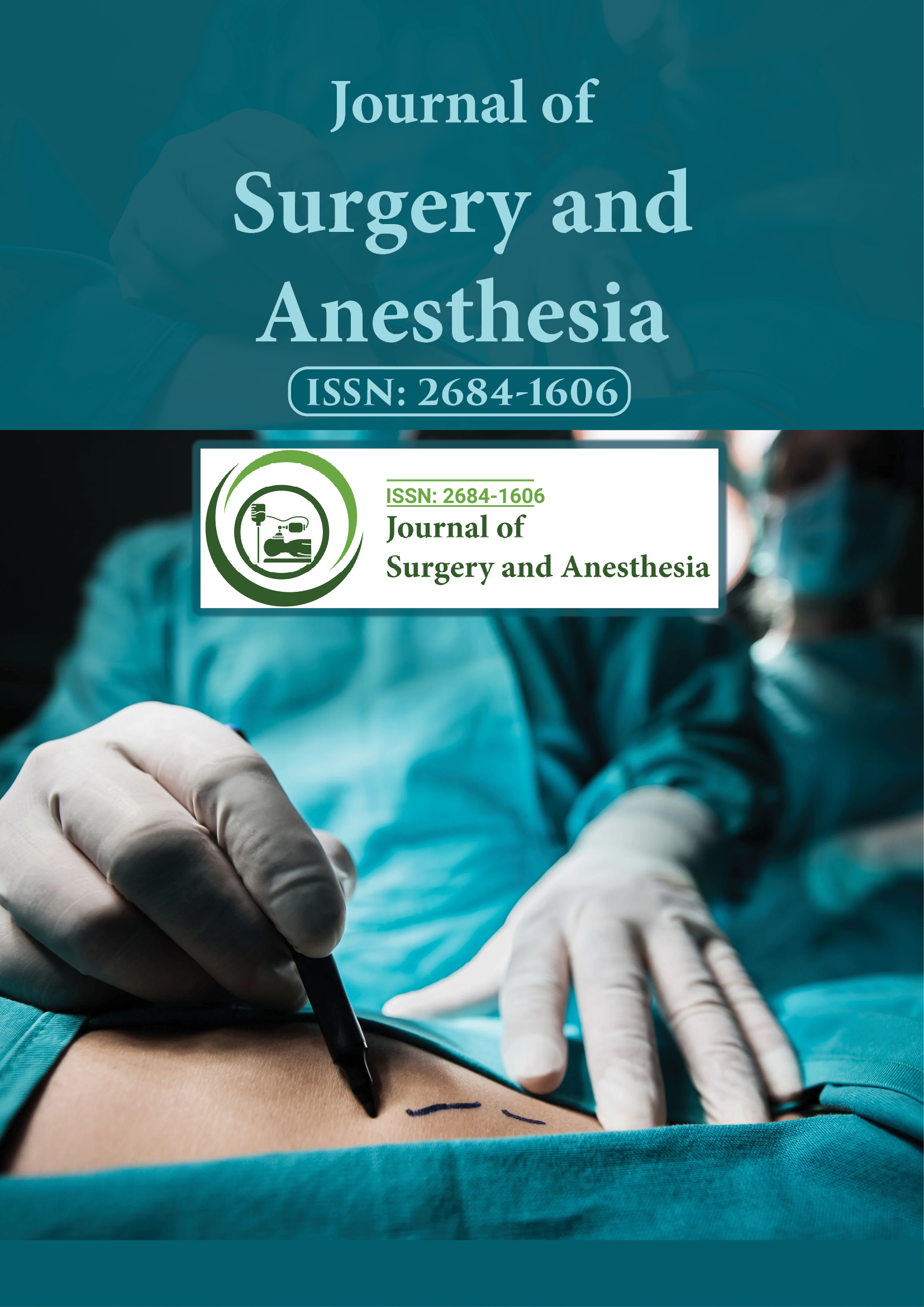Indexado em
- Google Scholar
Links Úteis
Compartilhe esta página
Folheto de jornal

Periódicos de Acesso Aberto
- Agro e Aquicultura
- Alimentos e Nutrição
- Bioinformática e Biologia de Sistemas
- Bioquímica
- Ciência de materiais
- Ciencias ambientais
- Ciências Clínicas
- Ciências Farmacêuticas
- Ciências gerais
- Ciências Médicas
- Cuidados de enfermagem e saúde
- Engenharia
- Genética e Biologia Molecular
- Gestão de negócios
- Imunologia e Microbiologia
- Neurociência e Psicologia
- Química
Abstrato
Melhoria do tempo de sobrevivência pós-ressuscitação com reposição de energia citosólica adjuvante em um modelo murino de choque refratário hemorrágico
El Rasheid Zakaria, Bellal Joseph, Faisal S Jehan, Muhammad Khan, Abdelrahman Algamal, Faheem Sartaj, Muhammad Jaffar Khan e Rajvir Singh
Objetivo: A ressuscitação de um choque hipovolêmico hemorrágico (HS) refratário é desafiadora. O HS está associado a profundas depleções de nucleotídeos de energia celular que podem causar morte por parada cardiocirculatória. Para prevenir uma parada cardiocirculatória iminente, vasopressores, comumente norepinefrina, geralmente são administrados temporariamente para controlar uma hipotensão persistente que não é corrigida por esforços agressivos de ressuscitação. O objetivo deste estudo é determinar o tempo de sobrevivência pós-ressuscitação após ressuscitações adjuvantes de um HS refratário com norepinefrina, vasopressina ou reposição direta de energia citosólica (adenosina-5`-trifosfato, ATP) usando vesículas lipídicas encapsulando ATP (ATPv).
Métodos: 50 ratos machos Sprague-Dawley foram randomizados em 5 grupos de 10 cada: HS/ressuscitação convencional (RC), HS/RC+Norepinefrina, HS/RC+Vasopressina, HS/RC+Vesículas e HS/RC+ATPv. (HS=remoção inicial de 30% do volume sanguíneo calculado, uma fase hipotensiva de 60 min e uma transecção subsequente do baço para hemorragia descontrolada até que o índice de choque persistente (IS)>5 e a pressão arterial média (MAP)<35 mmHg fossem alcançados; RC=sangue eliminado retornado+o dobro do volume sanguíneo eliminado como solução de Ringer lactato). A reposição direta de ATP citosólico foi realizada com ATPv, que são vesículas lipídicas altamente fusogênicas que encapsulam ATP. A fusão do ATPv com a membrana celular em contato permite a entrega direta de ATP citosólico. Determinamos o tempo de sobrevivência pós-ressuscitação como ponto final do estudo.
Resultados: Todos os animais apresentaram a mesma classe de choque, conforme demonstrado pelo SI e MAP. Os tempos medianos de sobrevivência pós-ressuscitação (calculados pelas curvas de sobrevivência de Kaplan-Meier e pelo teste de Mantel-Cox de longo alcance) foram os seguintes: HS/CR = 35,5 min; HS/CR + Norepinefrina = 38,5 min; HS/CR + Vasopressina = 20 min; HS/CR + Controle de Vesículas Lipídicas = 88,5 min; e HS/CR + ATPv = 158,5 min (p < 0,001).
Conclusão: A reposição dos estoques de energia citosólica celular esgotados em um choque hipotensivo hemorrágico refratário prolonga o tempo de sobrevivência pós-ressuscitação e atrasa a parada cardiocirculatória. Isso ganha tempo para o início de protocolos definitivos de ressuscitação. A falha de energia celular parece contribuir para a patogênese da refratariedade do choque aos esforços de ressuscitação. A administração temporária de vasopressores para ressuscitação de suporte de pressão de um choque hipovolêmico hemorrágico refratário não exerce benefícios de sobrevivência.